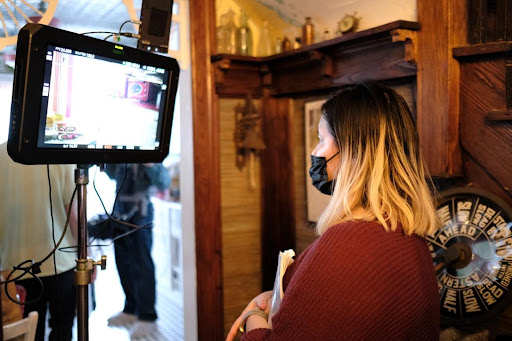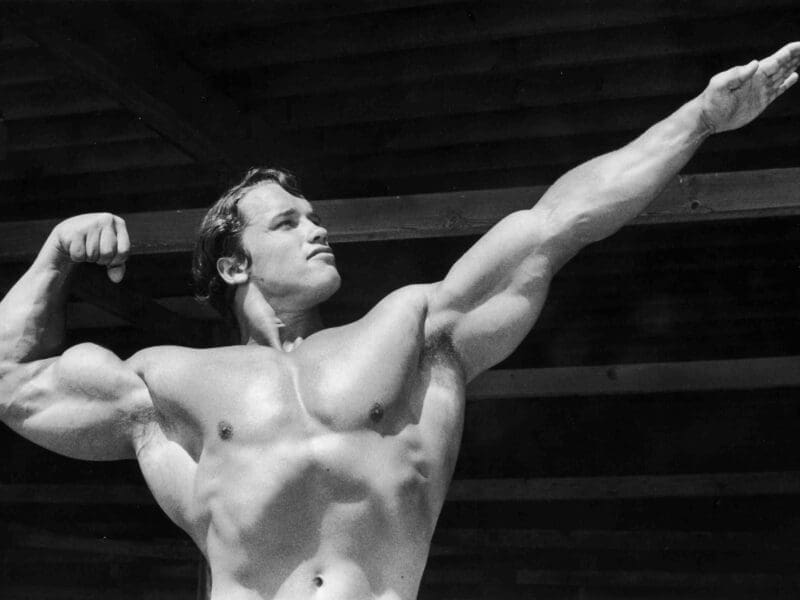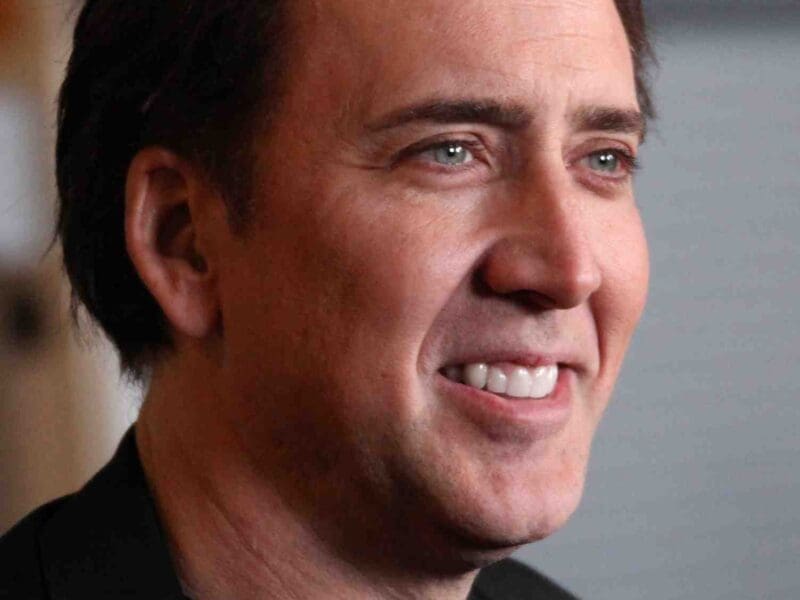
Accepting challenges: Get to know filmmaker Sheng-Ting, Shen
Sheng-Ting, Shen has worked her way up the filmmaking ladder. The Taiwan native she got her start as an intern at a Public Television Station, before transitioning to assistant director and eventually director of her own short films. Her most recent film, The Coolest Club, is a pitch black comedy that pokes fun at the absurdity of wanting to fit in, and is currently making the rounds on the festival circuit.
Sheng’s already hard at work on her next release, titled Hugo In the Pigpen, so we were very fortunate to get some time with her to discuss her directing process, her biggest influences, and her desire to consistently change up her style. Here’s what you need to know:
Tell us about your history as a filmmaker. How did you start your journey?
My passion for filmmaking started when I was in high school. We had a class where we needed to work as a group and make a short film. I know nothing by that time, but I remember having so much fun writing a script and making a scrappy film with friends. That’s the beginning of my history as a filmmaker.

Who were your biggest influences growing up?
I’ll say my parents are my biggest influences growing up. My parents were quite traditional and strict while I was young; art and filmmaking were never an option. However, growing up in this environment profoundly influenced my work later on. After insisting on pursuing filmmaking for years, my parents started to understand what filmmaking means to me and supported me in their way.
You got your start as an intern on various TV sets. How does being on a film set differ from that of television?
I interned as a camera assistant at a TV station in 2016, and I mainly worked on broadcast TV shows. The biggest difference for me is that working on TV shows since they usually have a set already, was less intense, in my opinion. But that’s where I built my skills and learned to communicate with other crew members.
You’ve also worked as an assistant director on multiple film sets. What did you learn from these experiences, and how did they apply to your own directing?
Being an assistant director is a critical role on set that focuses on different things than the director. The goal of being an assistant director is to make the day runs smoothly and on schedule. There will be tons of problem-solving and communication with crew members, directors, and actors/actresses. Sometimes, the director might be too focused on what we want and have many takes, which might not be realistic in indie filmmaking. What I’ve learned as an assistant director is to be flexible and accept the challenges that might come to me, and I also implement the skills in directing.

(Photo credit: Deanna Long)
Your film The Coolest Club is currently on the festival circuit. How did you go about juggling the unique blend of violence and comedy?
I think there’s a fine line in making dark comedy, especially adding the element of violence. While I enjoy using violence as an element for the film, I need to remind myself what’s the point in bringing violence and blood into each scene and if it gets the plot to the next level.

(Poster designed by Yi-Chun, Lin)
The Coolest Club alternates between static and shaky camerawork. How much does camerawork factor into your storytelling approach?
I’m glad you notice that! I discussed with my DP that the camera would be handheld to show his unsteady thoughts when our protagonist Simon is challenged. When Simon receives the validation he wants, the static camerawork comes in.
The performances in the film are very fun. Do you allow for improvisation on the set, or do you prefer sticking to the script?
I tried to give as minimum direction as possible when I was on set. I let the actors improvise and express themselves as their character. In my opinion, that’s why the film came out to be entertaining, and it’s because we had a lot of fun on set.

(Photo credit: Yasmeen Purvis)
What was the inspiration behind your upcoming film, Hugo In the Pigpen?
Hugo In the Pigpen is written by my talented screenwriter friend Jing-Ting, Shih. She invited me to be a director on this project. The inspiration behind this film comes from a complaint about how we often feel how unfair our lives are. But we never thought that some people are less fortunate than us, let alone animals. Do the animals ever have a saying about how unfair the world is to them? Based on this thought, the script comes to life. Combining the recent event of import pig that happens in Taiwan, we will take the audience on a journey with Hugo, the pig head human, on his quest to even out the inequality and seek its ultimate freedom.
How does Hugo In the Pigpen differs from the projects you previously worked on?
It’s different working on a script that I didn’t write. It’s a process to understand the goal that the writer wants the audience to feel and how I, as a director, can accomplish that. The film also requires special effects, so we are in the process of funding the film, and hopefully, we can start production in 2024.

(Illustrated by Jing-Ting, Shih)
We are often our worst critics. Do you ever go back and watch your earlier films? How do you think your style has changed?
Yes. Sometimes it’s painful to watch my old films(laugh). I think I have kept my style of filmmaking throughout the years. However, I build up my characters better and better.
Do you prefer writing or directing more, and why?
If I have to choose, I enjoy directing more. I love working with actors/actresses. I admire their skills in bringing the character to life. And in general, I love being on set, working with all the talented professionals. It’s a thrilling job being a director.
Would you consider directing a script you haven’t written or is writing essential to your artistic process?
Yes. Hugo In The Pigpen is the first script that I didn’t serve as a writer. The process of having a clear image of what the writer what to portray is an exciting experience.
Can you tell us about any (additional) upcoming projects?
I’m also writing a feature script called Alice. It’s a dark comedy/slasher film where our protagonist Alice seeks attention from her best friend.
What advice do you have for aspiring filmmakers?
Just keep writing or working on projects. Nowadays, it is easier to write and make a film, and I think it’s the best way to learn and grow to become a better filmmaker.
Lastly, what is your favorite film of all time and why?
I’ll say Edgar Wright’s The World’s End. Edgar Wright is the king of visual comedy and an inspiration of mine. And among all his films, The World’s End is one of my favorites.







